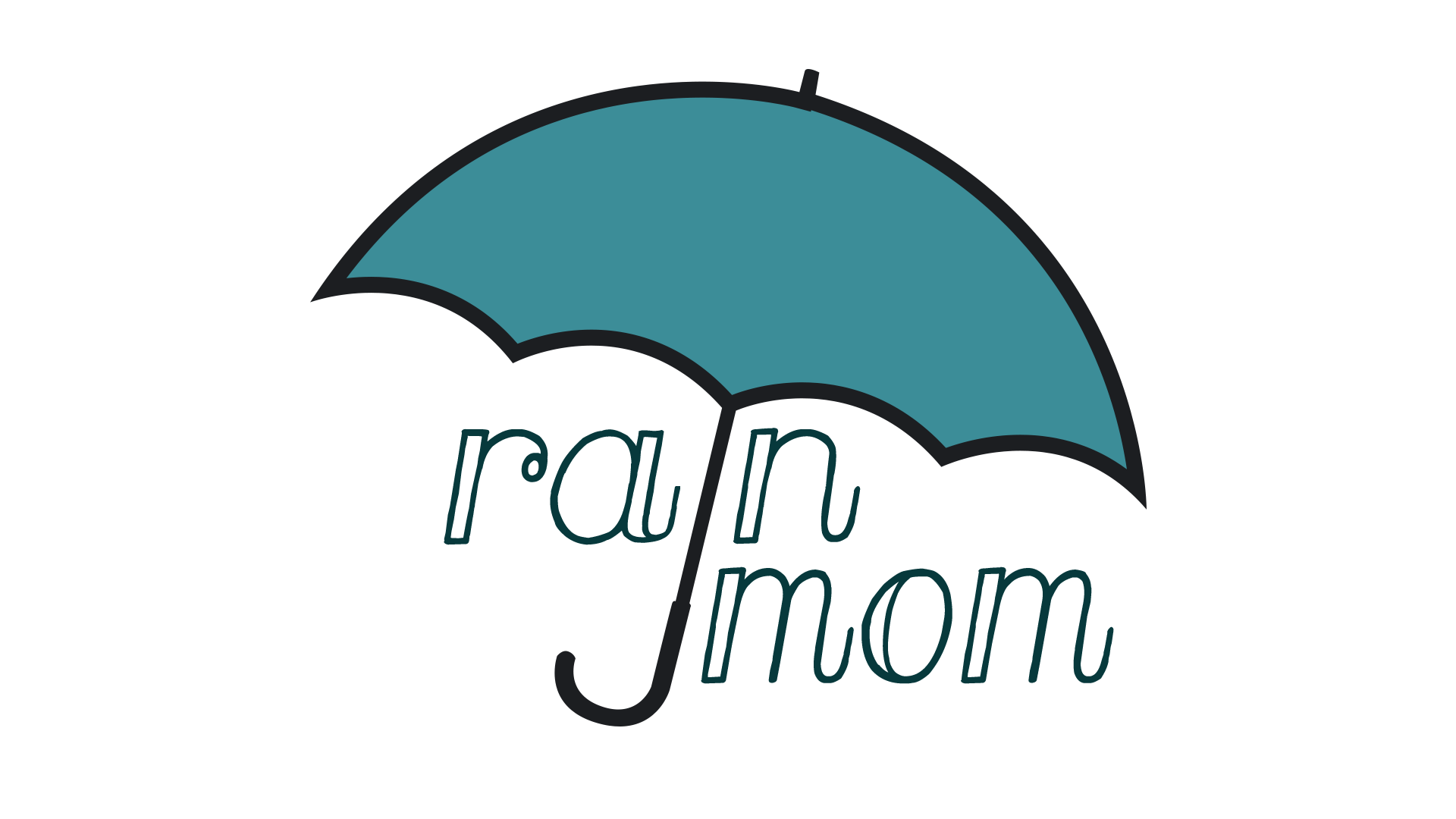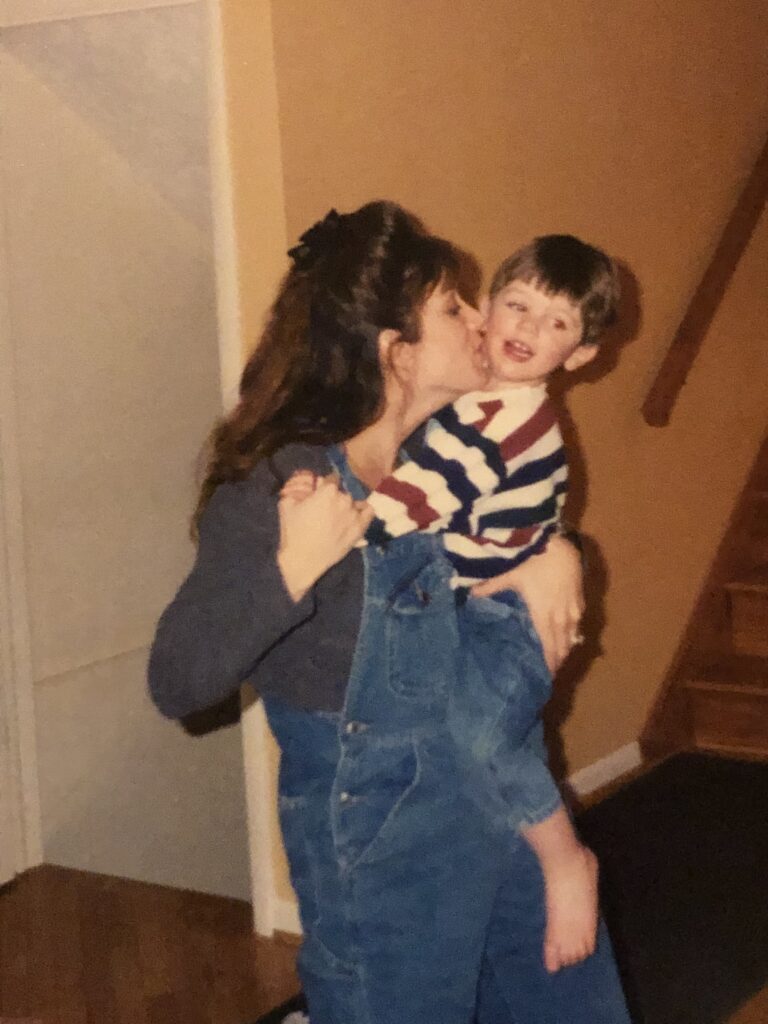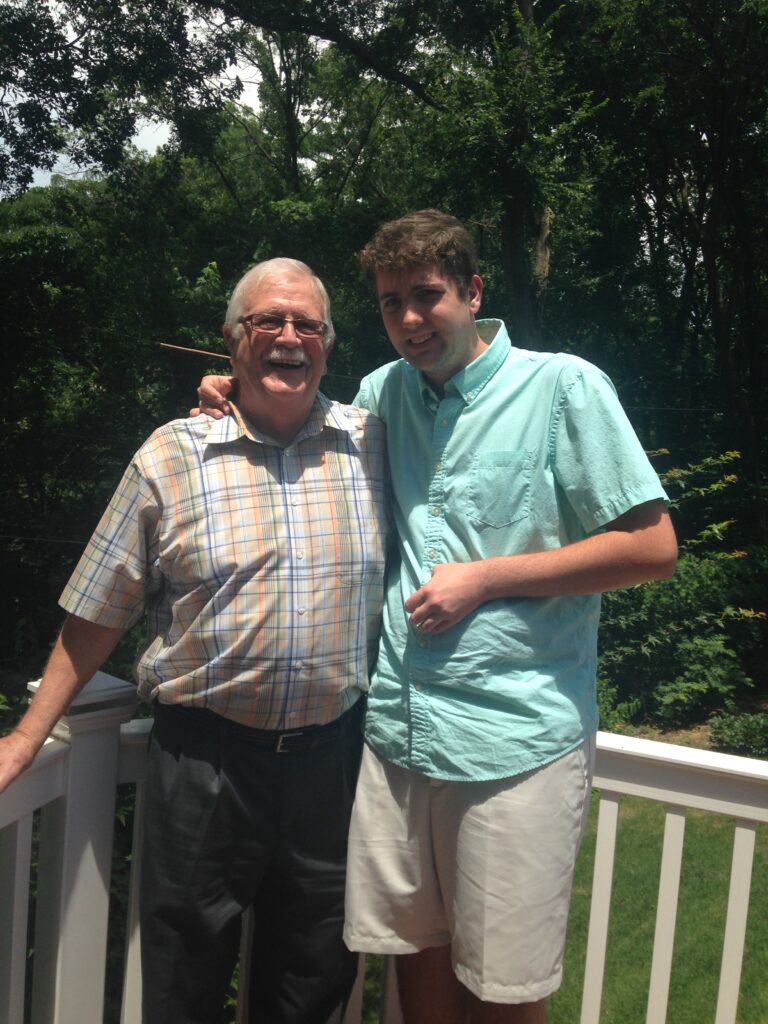
The Kind of People Autism Avoids-Understandably So!
By Kristi | Published | No Comments
I just finished reading an article on Medium written by a young man with autism. In it he went on to describe the worst kind of people for autistics to deal with. Surprisingly, it wasn’t those who were indifferent or hostile as one might assume. Can you guess the people he was referring to?
He was talking about the well-intentioned yet misguided. The ones with limited knowledge about autism specifically or in general and have adopted an agenda of their own. For him and others on the spectrum these people pose a greater challenge for them. In their zeal to understand and accept autism, they in turn make it more of a quid-pro-quo. I became intrigued as I continued to read more of his article.
Let’s start with the indifferent. I personally like to refer to these people as intolerant as well. But after reading his experiences, I may need to cast that net a little wider than I thought. The indifferent really don’t care about autism or how it affects the individual. They are content to stay in their own world and have little time or care about those on the spectrum. They can’t be bothered to learn more about autism, assuming it’s not worth their time or effort. I can’t imagine how it must feel to be on the receiving end of that treatment.
Next were the openly hostile, which to me sounded even worse. The bullies and cruel mockers of anyone with autism. Seeing themselves as superior and enjoying the power trip. According to the author, at least with this type of person, you know what’s coming. No innuendos, hidden agendas or misinterpretations. Easier to spot from the get-go. You know exactly how they feel about you and what they think of you. Sad but true.
And if those two types weren’t bad enough to encounter on a daily basis, he throws a curve that many of us, myself included, never even considered. The do-gooder-gone-bad. Those who think they know what autism is based on much misinformation and limited experiences. Worst of all, most are unaware that they are making life harder for autistics who on a daily basis are trying to counteract and survive their misguided advocacy.
Honestly, I can totally see where he is coming from. Seeing the movie Rain Man, knowing a person with autism or reading some informative blog on the Internet doesn’t mean you understand what it means to be autistic. And yet for some reason in society we are so quick to judge, so certain that we know better and reluctant to listen to those who know firsthand what it means to be autistic. We are offended if someone on the spectrum corrects us, doesn’t agree or responds in a way we don’t like. We assume they are cold, indifferent, uncaring, or incapable of making decisions based on their own needs. In turn it makes autistics feel belittled and gaslit— according to the author. They are told how ungrateful they are for assistance they didn’t ask for or want. Doesn’t sound like much of an advocate to me.
If our expectation of understanding autism means they need to fit our definitions and limited knowledge, how is that accepting autism? Better yet, why are we so reluctant to listen? There is a reason awareness has now bypassed acceptance— though both have their work cut out for them.
None of us are experts, no one knows how another person is thinking or feeling. Of the 3 types of people he’s describing, I’d like to see and be the fourth kind. One who leads with compassion and acceptance, continues to be aware, learns and asks questions without questioning the individual. Doesn’t feel the need to know it all, can embrace differences without judgment and realizes in life one size does not fit all.
I’ve attached the article by Gareth Ceidiog Hughes and after reading his article I’m inspired to start a new group: the best type of people for autistics.
Who’s with me?
https://medium.com/artfullyautistic/the-worst-kind-of-people-for-autistics-to-deal-with-453e37895b08






Leave a Reply